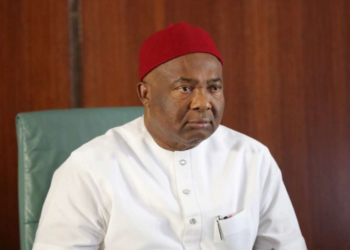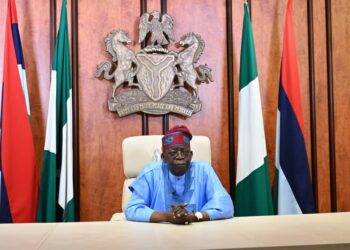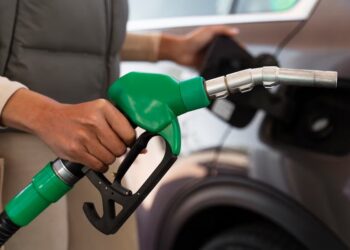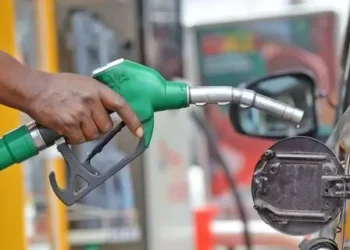The Nigerian National Petroleum Corporation (NNPC) has increased the duration of the DSDP scheme till June 2019. The corporation is currently the sole importer of petrol products, as the government has been unwilling to increase petrol prices to reflect market realities.
Under the agreement, the NNPC provides monthly crude oil lifting in return for the delivery and supply of Nigerian standard specification of petroleum products equivalent in value to the Crude Oil received from NNPC subject to general terms and conditions as would be advised in the term sheet.
Origin for the crude oil for products swap
The corporation adopted the DSDP arrangement as a replacement for the previous crude oil swap arrangement. This was the successor to the subsidy scheme whereby the government pays marketers the price difference between the landing price for petrol and the market price. The scheme was scrapped, however, following large scale fraud.
Subsidy itself became prominent as Nigeria’s 4 major refineries (owned by the corporation) are unable to meet current demand. The government is unwilling to let petrol sell at market prices, but has preferred to periodically increase pump prices to lower subsidy costs.
Likely reasons behind NNPC’s move
The last quarter of the year tends to witness severe fuel scarcity. Last year’s scarcity led to a shut down of economic activities in the country, with President Muhammadu Buhari attributing this to sabotage. The corporation may have taken this move to forestall a re-occurrence of that.
Old wine in new bottle?
Minister of State for Petroleum Resources Ibe Kachikwu, after the scarcity that took place last year, stated that some of the players lacked the capacity to import fuel, but brought in diesel instead. Neither the minister nor the NNPC gave an update to sanctions for the firms involved.
A Double Edged Sword
The increase in global crude oil prices could lower budget deficit for the government and enhance foreign exchange liquidity. On the flip side, the Nation’s reliance on imported products mean higher petrol prices and “under recovery” costs.





















